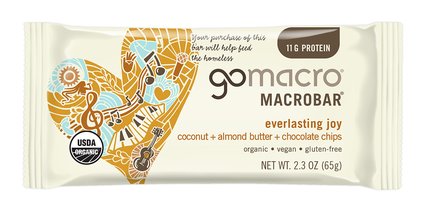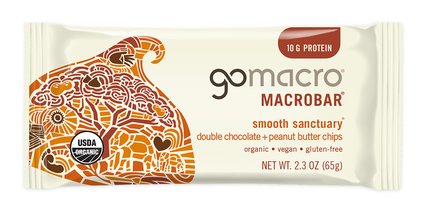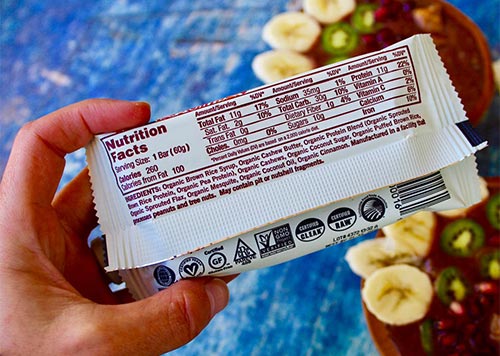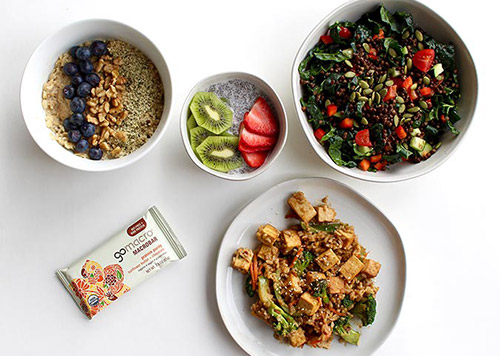10 Things to Incorporate Into Your Diet for a Natural Energy Boost
Whether it’s a bad night of sleep, a post-lunch slump, or a general feeling of fatigue that you just can’t shake, it’s hard to perform at your highest level when your energy is low. Sleep, hydration, and movement are great routine energy boosters to make sure you’re getting enough of, but if you still feel like you’re dragging yourself through the day, adjusting your diet can make all the difference!
Our bodies and brains need a lot of fuel to keep them performing optimally, and when it comes to feeling energized, it’s not always as simple as “calories in, calories out.” Adding these energy-boosting foods to your daily diet can help get you back to feeling productive and ready to take on the day.
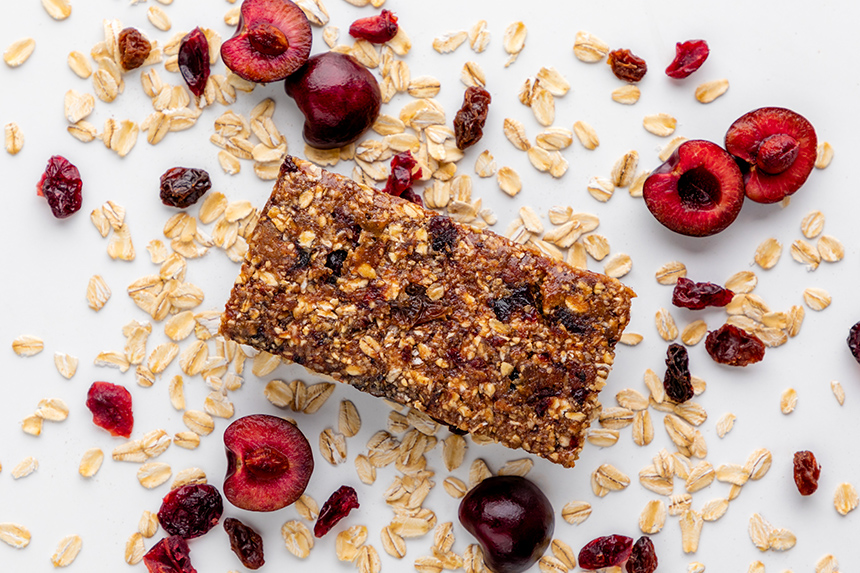
What Foods Give You Energy?
Technically speaking, all foods give you energy. While many of us have been taught to look at calories as a way to measure the healthiness of a particular food, they’re really just a measurement of the amount of energy a food contains. However, that doesn’t mean all calories are created equal.
Since we get nearly all our nutrients from food, every cell in the body is affected by what we eat – from our digestive system, brain, and heart to our skin, immune system, and metabolism. While eating processed foods and sugar all day can provide enough calories to survive, it probably won’t provide the nutrients needed to thrive. Even being deficient in one key nutrient, like iron, magnesium, or B12, can cause a myriad of symptoms, such as tiredness, weakness, and difficulty concentrating.
Just as importantly, what we eat affects our blood sugar levels. Apart from those with certain health conditions, most people barely think about blood sugar throughout the day. However, you’ve probably noticed that woozy feeling when you miss your normal lunch or that momentarily exhilarating boost when you have a sugary treat. To better understand these effects, we can look at the glycemic index, which measures how a given food will affect blood sugar, and therefore, energy levels. Low glycemic foods provide steady, sustained energy, while high glycemic foods cause a spike in blood sugar, followed by a crash that can be even lower than the previous baseline.
Eating high glycemic foods that are loaded with carbohydrates or sugar – especially without protein, fiber, or fats to accompany them – can cause an energy rollercoaster throughout the day. Over time, these blood sugar imbalances can take a toll on your body and lead to hormonal imbalance, gut issues, insulin resistance, and even type 2 diabetes – all of which can affect how energized you feel.
Energy-Boosting Foods
We all know an energy drink or candy bar can give us a quick boost – but this is a marathon, not a sprint! Focusing on getting a combination of whole-food carbohydrates, protein, and healthy fats at every snack and meal will keep you feeling your best all day. If you’re looking for a good place to start, these foods can help provide steady, sustained energy rather than a quick spike and drop:
1. Beans & Legumes
With slow-digesting complex carbohydrates, fiber, and protein all packed into one food, beans are an incredible source of long-lasting energy. Try snacking on dried chickpeas or lupini beans, adding black beans to your breakfast, or enjoying a lentil soup for a fiber-filled, super satisfying dinner.
2. Dark Berries
Dark blue and purple berries contain high levels of antioxidants, including anthocyanins, which give them their dark color and provide anti-inflammatory benefits to the body. In addition, these berries, including wild blueberries, blackberries, and cherries, tend to have lower sugar levels than many fruits, resulting in a steadier blood sugar response.
3. B12 Fortified Foods
Vitamin B12, found naturally in meat, poultry, seafood, dairy, and eggs, is a key nutrient for keeping energy levels high. In fact, the main symptoms of B12 deficiency are tiredness, dizziness, and lack of energy. Even if you eat plant-based, you can still find B12 in fortified foods like nutritional yeast, certain cereals, or plant-based milks with added nutrients.
4. Green Tea
Caffeine is often utilized for short-term energy boosts, and it can certainly be a useful tool on days you need a little extra help. Although coffee tends to be many people’s go-to source of caffeine, green tea comes with a longer-term bonus. The epigallocatechin (EGCG) in green tea is associated with metabolic flexibility, meaning it may help the body efficiently use food as fuel without the crazy blood sugar spikes.
5. Electrolytes
Electrolytes are minerals that are essential for many bodily functions, including the regulation of fluid balance, nerve and muscle function, and energy production. Electrolytes play an important role in the transmission of electrical impulses in the body's cells, which are necessary for many bodily processes, including the production of ATP (the body’s main energy currency). Adding lemon and a pinch of salt to your water or using a no-sugar electrolyte powder can help ensure optimal electrolyte balance.
6. Chia & Ground Flax Seeds
Healthy fats, especially omega-3 fatty acids, help your metabolism function at its best, keeping your energy levels steady. Chia and flax are also packed with fiber for a happy gut microbiome and protein to keep you fueled. To make sure you get all of the benefits, be sure to use ground flax as humans can’t digest the outer shell!
7. Nuts & Nut Butters
From almonds and cashews to pistachios and peanuts, there’s a reason nuts and nut butters are such popular foods for energy! They’re very energy-dense, so a little goes a long way. Nuts and nut butters also contain lots of healthy fats, fiber, and protein for stable blood sugar. Pro tip: pick an option without added sugars or oils.
8. Avocados
Avocados are not only super delicious, but they’re also an optimal food for energy thanks to slow-digesting healthy fats and nutrients like potassium, B6, and magnesium. One medium-sized avocado also packs 10g of fiber, which helps regulate blood sugar response and can keep you feeling full longer. Top your toast or sandwich with sliced avo, mash it for a veggie dip, or just enjoy it as is!
9. Whole Grains
With so many kinds to choose from, whole grains are a great, versatile option when you need a boost of energy, especially if you’re active or need a pre or post-workout meal. However, not all carbs are created equal. Simple carbohydrates, like those found in white bread or sugary cereal, are converted quickly to sugar in the body, leading to a spike and crash. On the other hand, whole grains tend to be processed more slowly, leading to a steadier energy rise. As an added bonus, many whole grains include a variety of vitamins and minerals.
10. Mushrooms
Mushrooms are nutritional powerhouses, containing high concentrations of antioxidants that help protect the body against physiological stress and cognitive decline. Thanks to their high levels of vitamins B1, B2, B3, and B5, mushrooms help our bodies synthesize energy from the food we consume. Mushrooms are also the only natural plant-based food source of vitamin D, which can directly enhance mood and help keep energy levels up.
When searching for an energy boost, it can be tempting to reach for a caffeinated drink or the sugary snacks you’re craving. However, by choosing nutrient-dense, blood sugar-balancing foods, you can avoid the spike and crash and enjoy that recharged, energized feeling all day long. With a delicious balance of protein and carbs in every bite, MacroBars® are a great high-energy food to help you feel your best. Check them out at your local grocer or buy online at gomacro.com!


